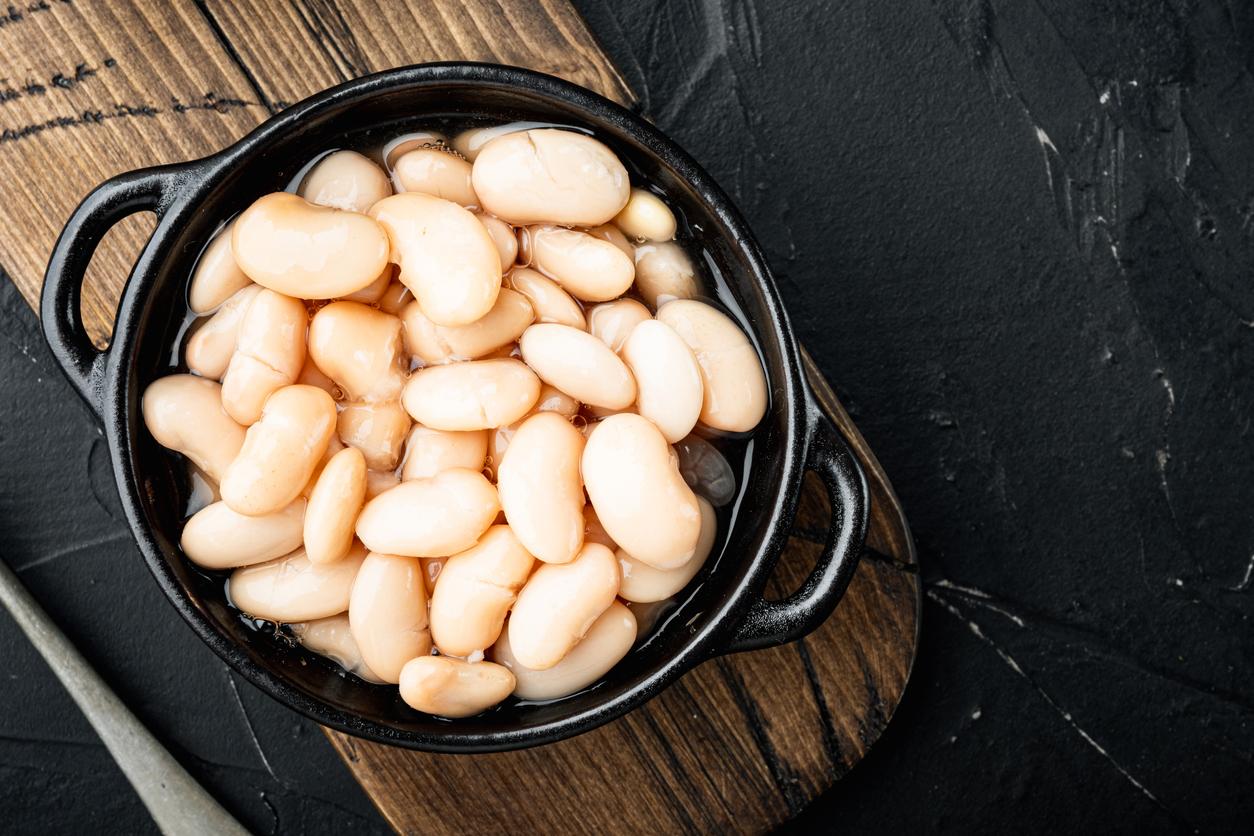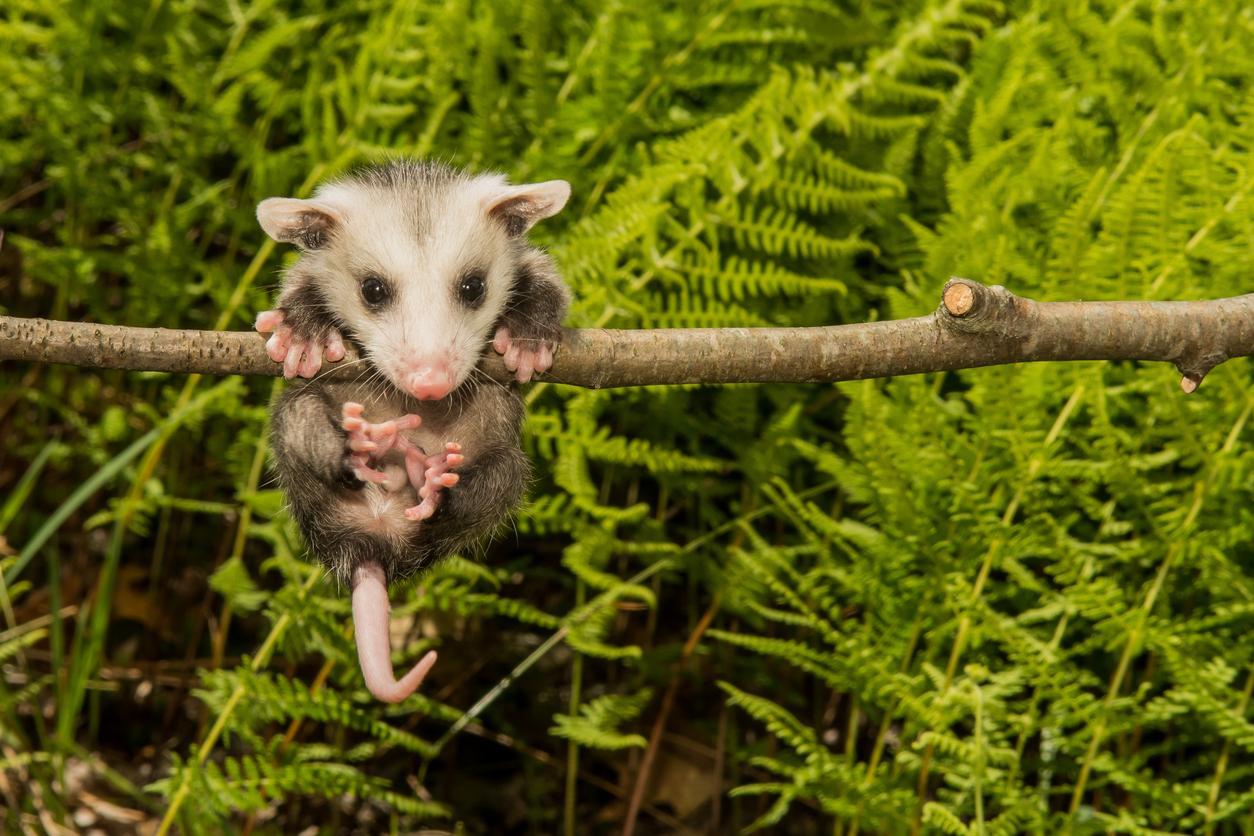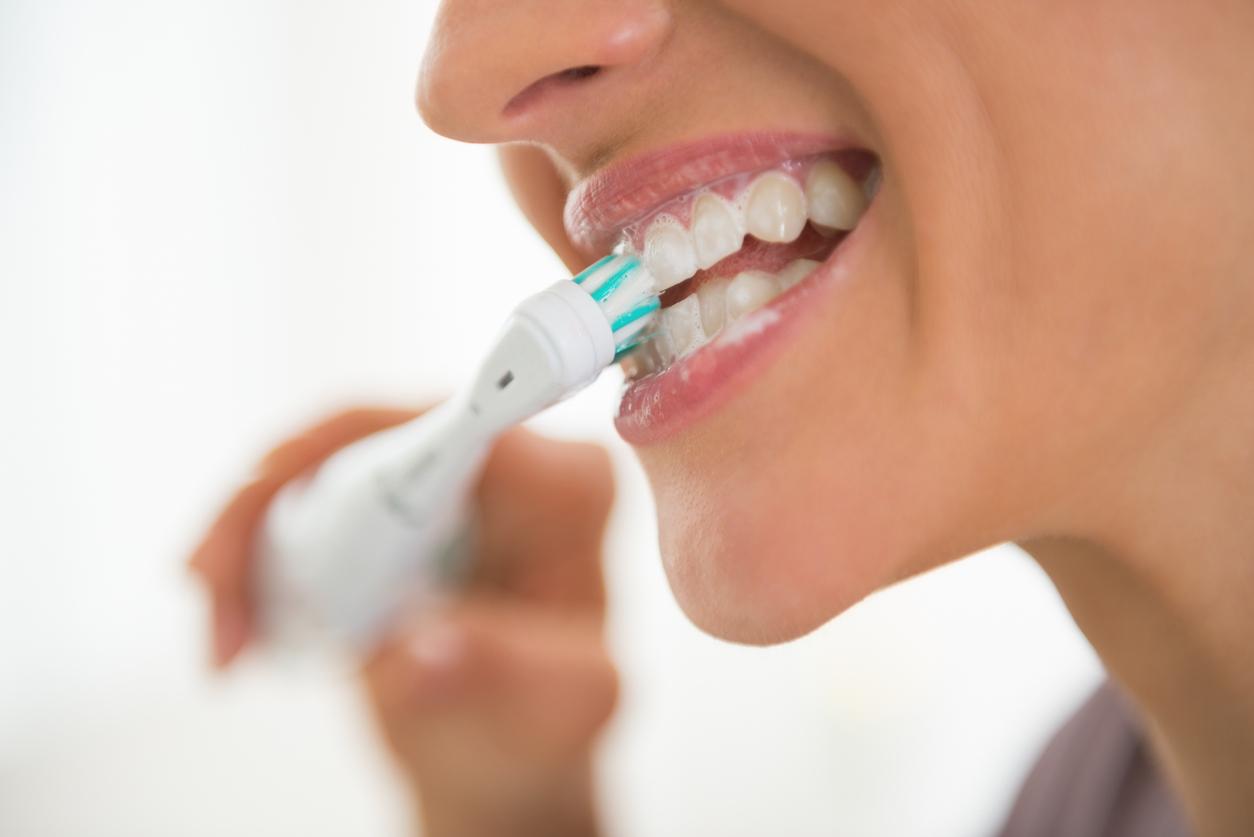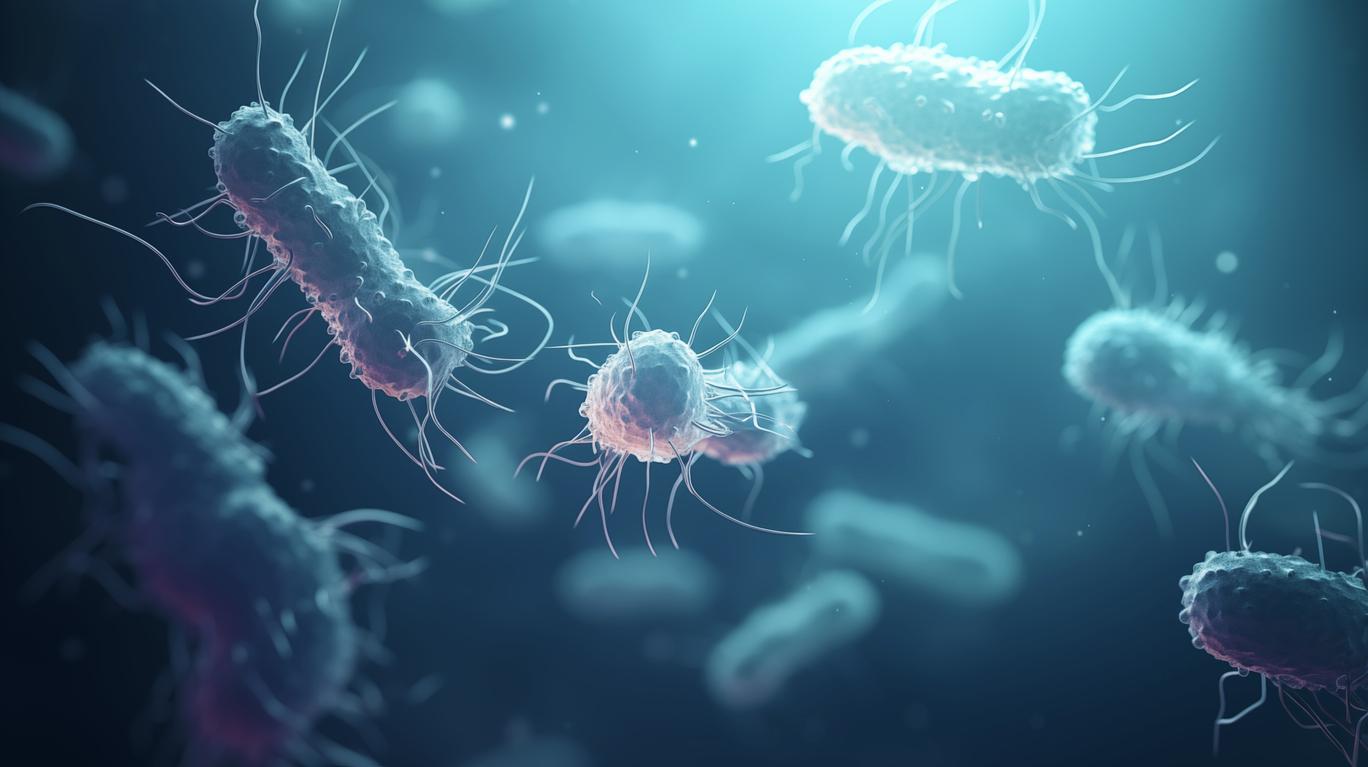Scientists have started cataloging the genes of all human microbiomes. For now, by studying the bacteria and viruses in the intestine and mouth of 3,655 people, they have counted no less than 45.67 million different genes, half of which are unique to each individual.
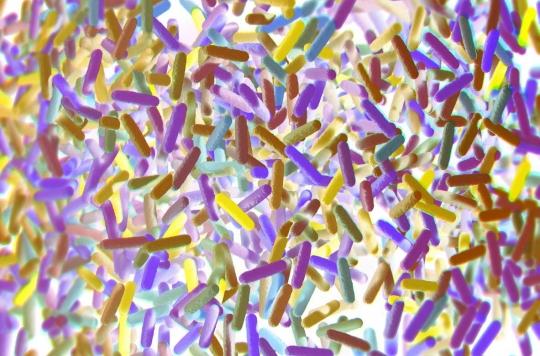
After the Human Genome Project, the Universe of Microbial Genes. Begun in 1990 and completed in 2003, the first made it possible to sequence the human genome in its entirety. While human genetic information was estimated at 100,000 genes, this large-scale program has determined that our genome actually contains between 20,000 and 25,000 protein-coding genes. Today, American scientists are tackling the Universe of Microbial Genes, an equally ambitious project, if not more: they have begun to catalog the genes of all human microbiomes. In an article published on August 14 in the journal Cell Host & Microbe, they revealed their first results. Each human being would have his own bacterial identity!
By studying the bacteria and viruses in the intestine and mouth of 3,655 people, researchers from Harvard University and the Joslin Diabetes Center in Boston counted no fewer than 45 to 67 million different genes. Even more interesting: half of them are unique to each individual (11.8 million genes from the oral microbiome and 12.6 million from the intestinal microbiome), they explain in the study. Thus, on a global scale, the number of genes in all human microbiomes could be greater than that of the number of stars in the visible Universe, they argue.
It is estimated that the bacterial communities contained in the intestine, the skin or the lungs of a human are ten times more numerous than the cells of the body. What’s more, “two bacteria of the same strain can have genetic differences”, explain the researchers.
An adaptive evolution of bacteria?
While they thought these mutations came from horizontal gene transfers, they found during their study that less than 2% of unique genes detected in individuals came from this process. They therefore envisage rather an adaptive evolution. Thus, when we change our diet or take this or that treatment, the bacteria in our microbiome modify their DNA to adapt to the change in our environment. “It is thanks to this genetic diversity that a microbe becomes resistant to an antibiotic, for example,” explains Braden Tierney, biologist at the Joslin Diabetes Center in Boston and lead author of the study.
“Taken together, these results provide potential grounds for the unexplained heterogeneity observed in human phenotypes derived from microorganisms,” the researchers conclude.
Thus, this undertaking is revolutionary in the sense that it shows that studies on the microbiota must be redesigned to take into account the heterogeneity of genes. Now, determining the type of microbial strain to know its effects is no longer enough. From now on, it will also be necessary to study one’s genetic heritage, specific to each one, explain the researchers. The ultimate goal is to be able to offer tailor-made treatments to each patient.
The intestinal microbiota increasingly studied
For some time, scientists have been increasingly interested in the microbiome. Many studies have been carried out in particular on the intestinal microbiota or microbial flora. Composed of a multitude of micro-organisms located in the digestive tract, it has approximately 100,000 billion bacteria whose very balanced organization contributes to the proper functioning of the digestive system and the immune system.
Thus, in recent years, these bacteria have made it possible to better understand certain diseases such as diabetes, obesity, Crohn’s or fibromyalgia.
In 2014, in collaboration with an international team, French researchers succeeded in analyzing all the genes of these bacteria. By studying 396 stool samples, they identified 741 bacterial species, 85% of which were previously unknown. According to their paper appeared in the magazine Nature Biotechnologythe scientists were then able to reconstruct the complete genome of 238 bacteria, without prior culture.
.








